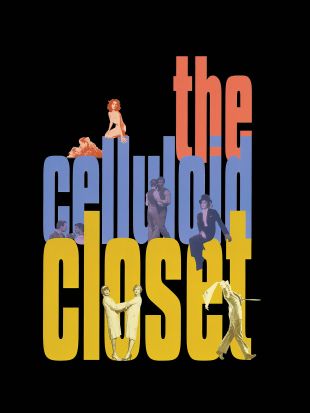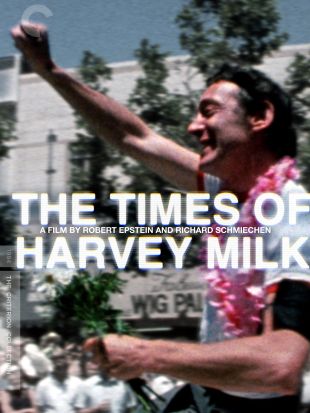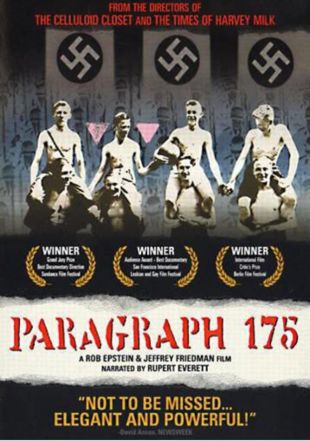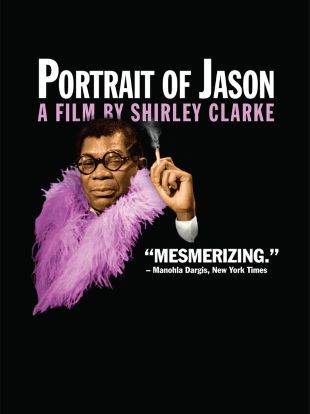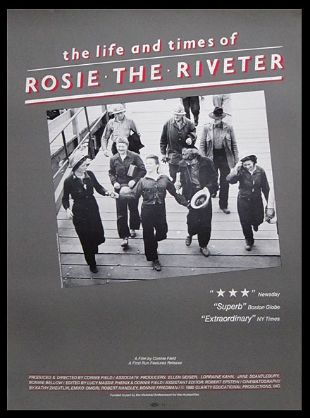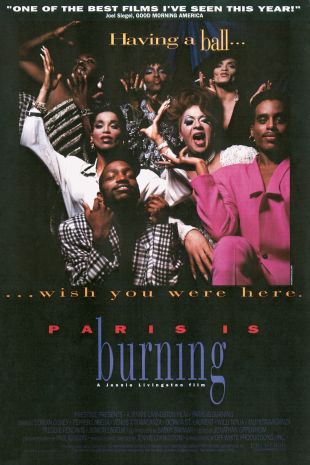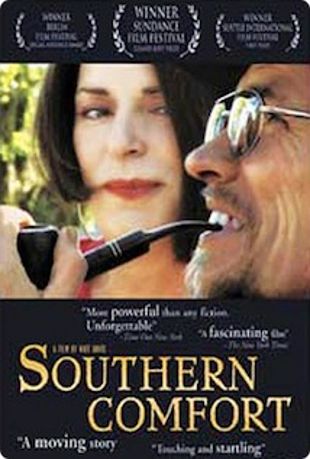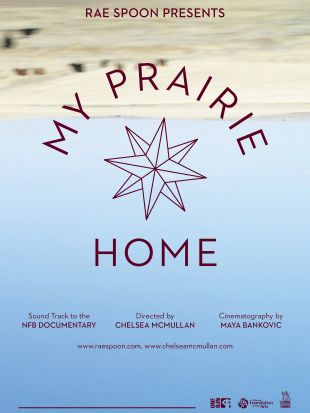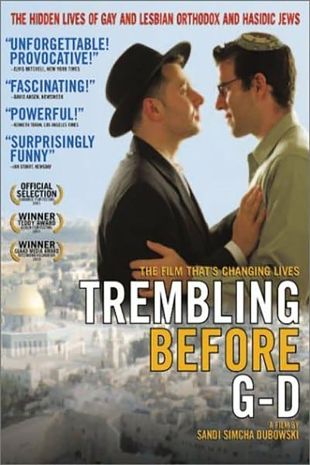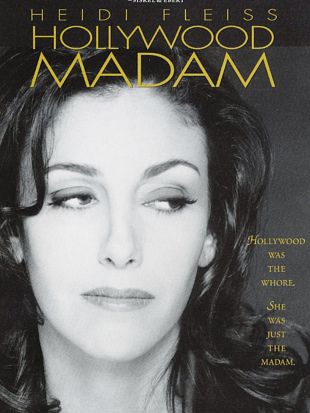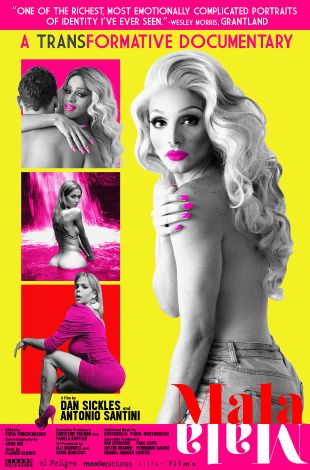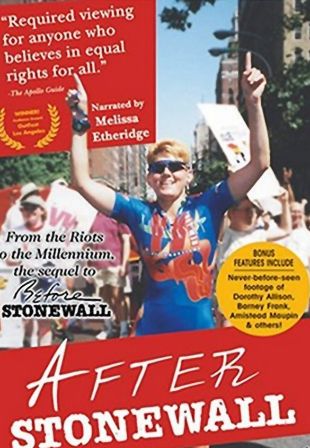Cuchillo de palo (2010)
Directed by Renate Costa Perdomo
Genres - Family & Personal Relationships, Historical Film |
Sub-Genres - Gender Issues |
Run Time - 93 min. |
Countries - Spain, Paraguay |
MPAA Rating - NR
Share on
Synopsis by Mark Deming
Filmmaker Renate Costa fuses the personal and the political in this documentary which explores gay rights in Paraguay. As she was growing up, Costa's uncle Rodolfo was always the black sheep of the family -- he was the one who never married, who lived alone, who wanted to be a dancer rather than a laborer, and who wore clothes his brothers thought were inappropriate. It wasn't until Costa became an adult that she realized Rodolfo was gay, and when he was found dead in his home, she began to imagine how Paraguay's oppressive attitudes towards gays and lesbians had impacted him. Under the dictatorial rule of Alfredo Stroessner, gays were harassed by the authorities, their arrests were publicized by the police, and violence against them was commonplace and tolerated. Years later, after a long exile in Spain, Costa finds Paraguay is marginally more tolerant, but few gays or lesbians have the courage to express their sexuality in a place where they're still encouraged to remain in the closet. Costa's film Cuchillo de Palo (aka 108) takes its name from a derogatory name for gays still used in Paraguay, and tells the story of her uncle's life and death while also examining how little circumstances have improved for Paraguay's gay community in the 21st Century. 108 was an official selection at the 2010 Berlin International Film Festival.
